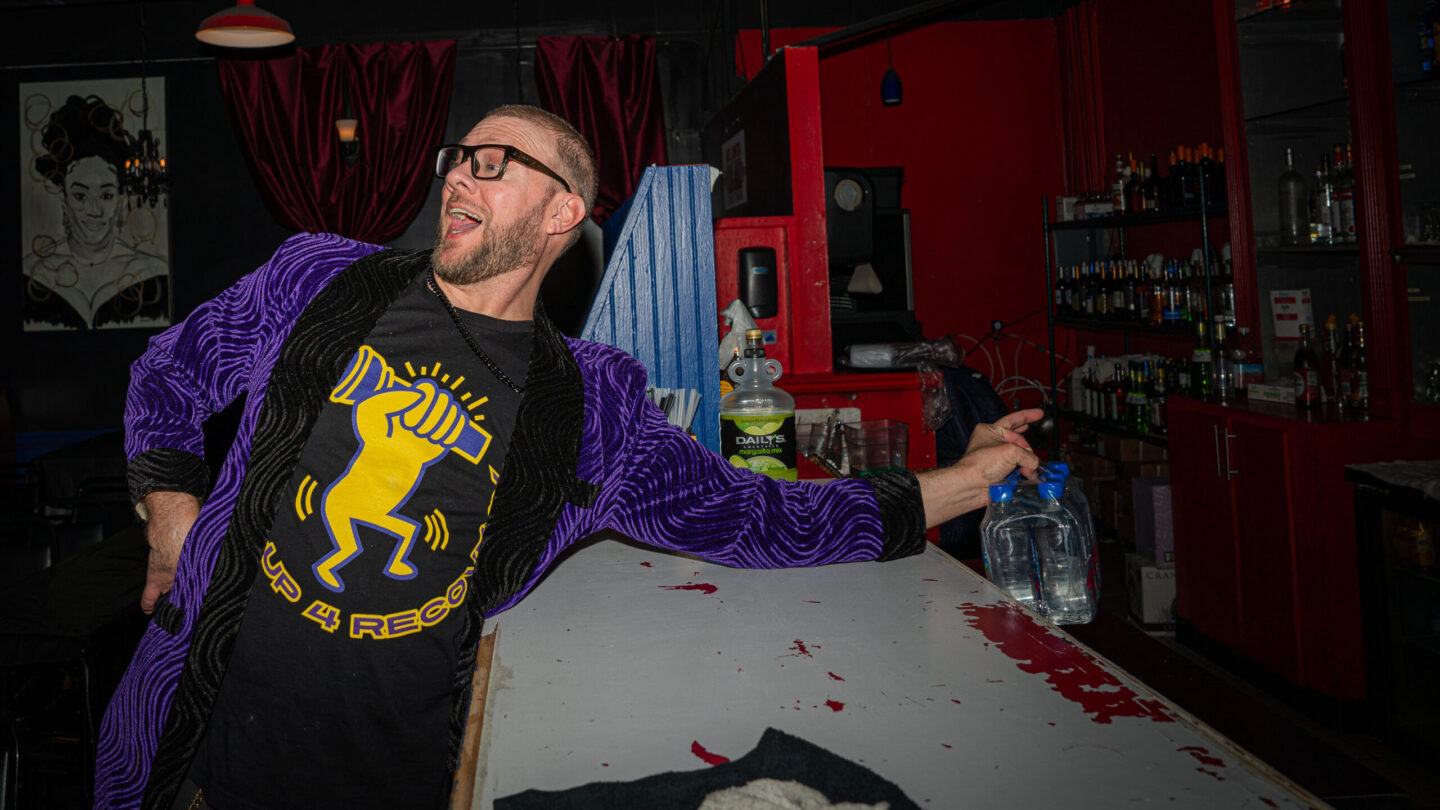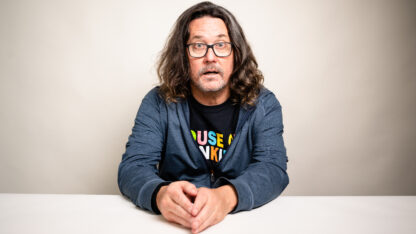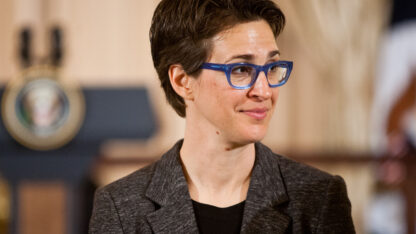During his early years of performing comedy in the early 2010s, comedian, actor and writer Richie Satori would often experience sorrow offstage more so than laughter.
After battling addiction to drugs on and off since his 20s, Satori — now in his early 40s — was not certain how he would overcome his struggles, but he knew that humor would make the process possible.
“There was only one way that I used and that was kind of hard, from the moment I got out of bed to two to three days later when I crashed,” said Satori.
“[When] I could be onstage [during early recovery], I could say something confessional about my drug use … and I could follow it up with a punchline and experience the therapeutic value of not being suffocated with secrecy. Also, if it came up in court, I could say, ‘I was just kidding!'”
Now, after nearly 10 years of sobriety — which Satori plans to celebrate in February — the entertainer is using his struggles and road to recovery to help encourage those going through similar experiences.
The result is Stand-Up 4 Recovery, a mobile comedy club created for Georgia’s recovery community. Established in 2022, the organization provides recovery-friendly stand-up events for a sober-friendly audience.
The events include a monthly showcase, which highlights performers who are also on their own journeys to recovery from addiction, as well as mental health challenges. An upcoming show will be held on Jan. 27 at The Atlanta Comedy Theater in Norcross, a frequent partner of Stand-Up 4 Recovery.
“Getting and staying sober is scary … [but] I can be happy with the person I am. I can like who I am … I can just be free.”
Taylor Neely, Comedian
To encourage the sense of a sober-friendly setting, Satori, also a registered CARES (Certified Addiction Recovery Empowerment Specialist), plans to honor individuals celebrating sober anniversaries onstage with special gifts. He also helped create a specialty mocktail menu as an alternative to alcoholic drinks.
“I think this is a crazy time to be alive … everybody has struggles and challenges,” said Satori, who recently received certification from Georgia Overdose Prevention to administer naloxone training. “I think it’s possible that our stories can uplift other people even if they haven’t been through the same thing, but have likely experienced the same emotions.”
Atlanta comedians Lea Bia and Liz Derr, as well as special guest headliner, comedian and writer Ritch Shydner, will perform at this month’s edition of Stand-Up 4 Recovery.
Shydner, who is a screenwriting professor at the University of North Carolina School of the Arts, has been in the entertainment industry for over 30 years. He’s done stand-up on “The Tonight Show Starring Johnny Carson”, “Late Night with David Letterman” and HBO.
After years of abusing alcohol, cocaine and other substances during the beginning of his career in the early 1980s, Shydner credits his fellow comedian colleagues with inspiring him to get sober.
With Saturday’s Stand-Up 4 Recovery show in Norcross, Shydner hopes to support other comedians and audience members who feel helpless in their battles to overcome addiction.
“This kind of organization is beautiful,” said Shydner. “When I was drinking, I was alone and isolated. [It helps recovery] when there are people who are there saying, ‘I know how you feel, I relate to you.'”
Taylor Neely, a local comedian and actor who performed with Stand-Up 4 Recovery in two previous showcases last year, echoes Shydner’s sentiments on the organization.
After several relapses related to alcohol and substance abuse, Neely, who co-hosts a podcast series dedicated to his road to recovery, is more determined than ever before to maintain his footing.
“Getting and staying sober is scary,” said Neely. “[But] I am beyond grateful and I can never express how grateful I am where I have been introduced to a way of life where I don’t have to drink. I don’t have to do drugs. I can be happy with the person I am. I can like who I am … I can just be free.”









